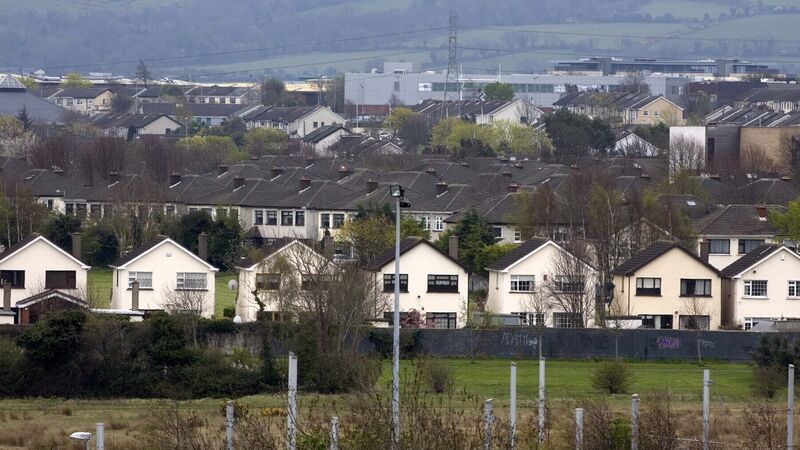The Government needs to get its housing in order

The Fianna Fáil party spent almost a decade in opposition calling for action on housing and homelessness, so its much publicised plan to make homes more affordable must deliver. File photo Eamonn Farrell/RollingNews.ie
Housing was the first issue raised with the Taoiseach in the Dáil this year. After years of inaction by successive governments, it's now a predictable topic often trotted out at Leaders' Questions.
But for the thousands of children who call a hotel room home, for those crippled by rent who have long given up on the hope of owning their own property, and for those waiting for many years on the social housing list, this is still very much an urgent crisis.













